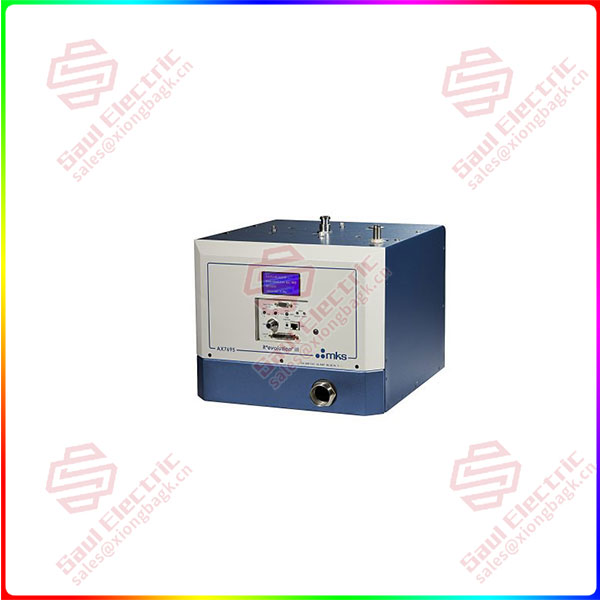Recently, the China Federation of Industrial Economics issued the “Compliance Management Guidelines for Industrial Enterprises” and “Enterprise Intellectual Property Credit Evaluation Standards”, aiming to further promote standards to lead innovation and standardize the development of the industry.
China has 41 industrial categories, 207 industrial categories and 666 industrial subcategories, and is the only country in the world with all industrial categories in the United Nations industrial classification. In 2022, the total industrial added value exceeded the 40 trillion yuan mark, accounting for 33.2% of GDP, and industry played the role of ballast for the macroeconomic market.
Industry insiders pointed out that the preparation of forward-looking, strategic and guiding group standards can provide industrial enterprises with principles to follow, evaluation methods and basis for major decision-making and daily management. At the same time, the formulation of compliance management group standards for industrial enterprises is in line with the development trend of the world economy, and has important practical and strategic significance for guiding the compliance development and integrity construction of Chinese enterprises.

AX7695LAM-37
According to reports, the preparation of the two group standards both international trade needs, but also the needs of domestic economic development. Among them, the establishment of the group standard “Compliance Management Standards for Industrial Enterprises” fills the gap in the field of compliance management for industrial enterprises. “Enterprise intellectual property Credit Evaluation Standards” is an important attempt to fill in the intellectual property credit evaluation: in the definition, the relevant concepts are clear; In terms of evaluation procedures and evaluation elements, standard documents and various element indicators are provided to provide guidance for evaluators to make scientific and normative judgments, so as to promote the high-quality development of intellectual property work, standardize the order of related market transactions, and improve the system and mechanism of scientific and technological innovation.
 1 Year Warranty
1 Year Warranty




